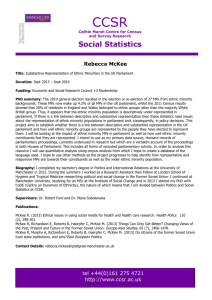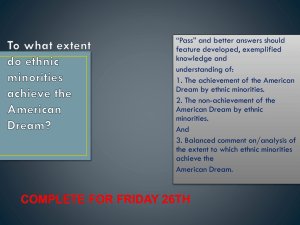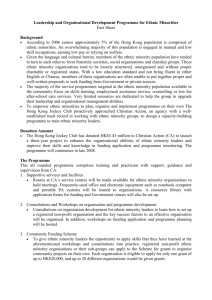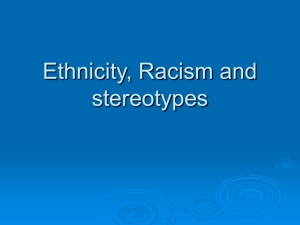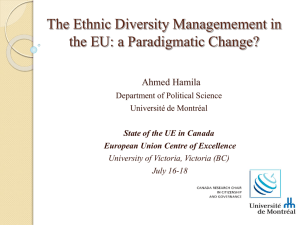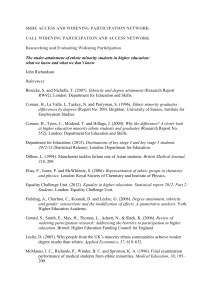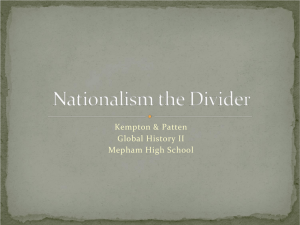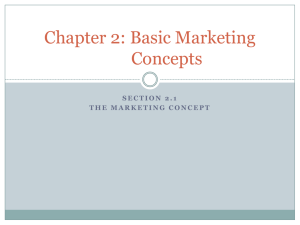Representation in Parliament
advertisement
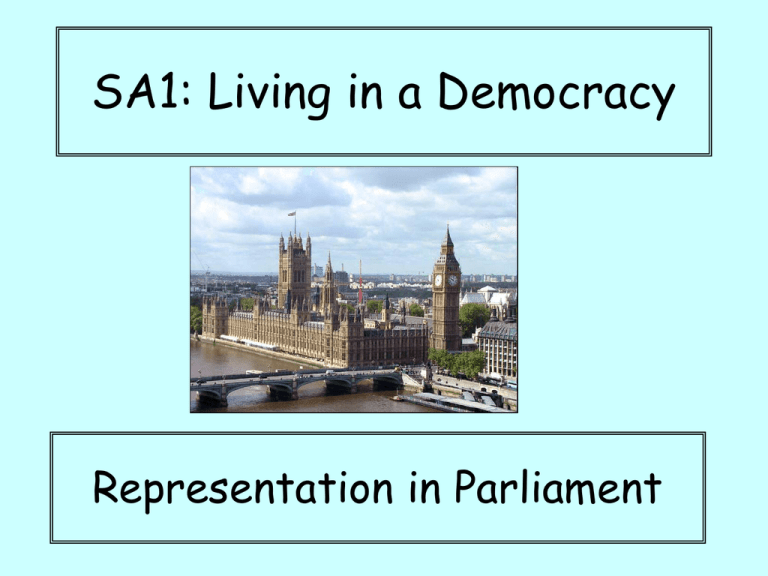
SA1: Living in a Democracy Representation in Parliament Aims: • Examine the reasons why women and ethnic minorities are not fairly represented in Parliament. How Representative Are Our MPs? • The British population is made up of many different groups of people – young, old, rich, poor, men, women and people of different races. • Each group of people will have different needs and it is the role of an MP to try and meet the needs of these different groups. • However it is argued that some groups are not fairly represented in the House of Commons – the average MP in 2010 was 50 years old, male and educated at an independent (private) school. Male Female The number of female MPs has increased in recent years. If they were to be fairly represented there would be 332 female MPs in Parliament At the moment women make up 51% of the UK population. Year Number of % of Female Female MPs MPs 1997 120 18.2 2001 118 17.9 2005 125 19.4 2010 144 22.1% Why Are Women Under-Represented? Pamela Nash, aged 25 was the youngest woman to be elected as an MP in the 2010 election. • Parties are reluctant to choose female candidates because they think they might lose voters. • Many women are the main carers in their family – living and working in London during the week is not practical. • The House of Commons does not have hours of work that suit someone with a young family. • There are no child-minding facilities in the House of Commons. • Many women take a career break when they have family – a political career takes many years to develop. White Ethnic Minority The number of ethnic minority MPs has also increased in recent years. If they were to be fairly represented there would be 36 ethnic minority MPs in Parliament. At the moment ethnic minorities make up 5.5% of the UK population. Year Number of Ethnic Minority MPs % of Ethnic Minority MPs 1997 9 1.37% 2001 11 1.67% 2005 15 2.32% 2010 27 4.1% Why Are Ethnic Minorities UnderRepresented? • Parties are reluctant to choose ethnic minority candidates because they think they might lose voters. • People from ethnic minority backgrounds are less likely to join political parties – they often feel the policies of the main parties do little to help them. • Some ethnic minorities are less likely to stay on at school or go onto university. The more educated a person is the more likely they are to take part in politics. • The House of Commons is predominately white. Many ethnic minorities feel they have few political role models to follow. Shabana Mahmood was the first Muslim woman to be elected as an MP in the 2010 election. Politics – Task Three 1. Explain why women are underrepresented in the House of Commons. (4 marks) 2. Explain why ethnic minorities are under-represented in the House of Commons. (4 marks)
